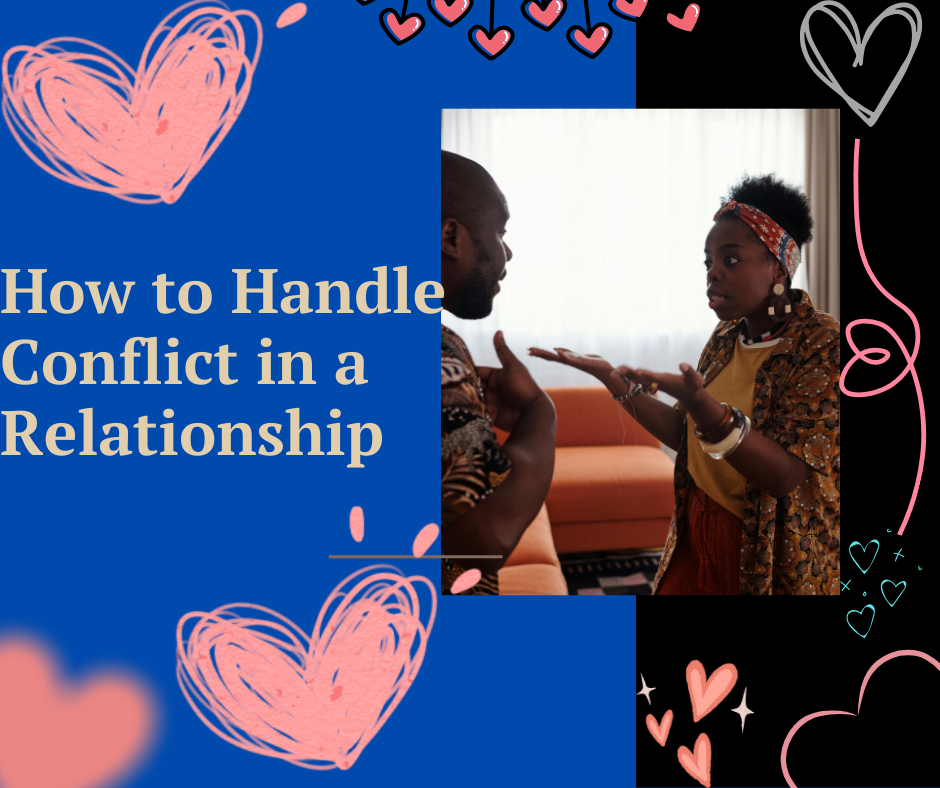1. Stay Calm and Keep Emotions in Check
It’s easy to get carried away in the heat of an argument, but reacting impulsively can escalate the situation. Take a deep breath, stay composed, and focus on solving the issue rather than winning the fight.
Tip: If emotions are too high, take a break and revisit the conversation when both of you are calmer.
2. Listen to Understand, Not to Respond
Many conflicts arise because one or both partners feel unheard. Instead of preparing your rebuttal while your partner speaks, truly listen to their concerns with an open mind.
Tip: Use active listening techniques—make eye contact, nod, and summarize their points before responding.
3. Use "I" Statements Instead of "You" Accusations
Blaming your partner can make them defensive and lead to further arguments. Instead, express how you feel by using “I” statements.
Example:
Instead of: “You never listen to me!”
Say: “I feel unheard when my concerns aren’t acknowledged.”
4. Focus on the Issue, Not Personal Attacks
Criticizing or attacking your partner’s character instead of addressing the specific issue can damage trust. Keep the conversation focused on resolving the problem rather than making it personal.
Tip: Avoid saying things like “You always” or “You never,” as these generalizations can make your partner feel unfairly judged.
5. Find Common Ground and Compromise
A healthy relationship is about teamwork, not competition. Instead of trying to “win” the argument, work together to find a solution that benefits both partners.
Tip: Ask yourself, “What’s more important—being right or maintaining harmony in the relationship?”
6. Choose the Right Time and Place
Discussing serious issues in the middle of a stressful moment can lead to unproductive arguments. Pick a time when both of you are calm and willing to engage in a constructive conversation.
Tip: Avoid discussing serious matters in public, during work hours, or when either partner is already upset.
7. Learn to Apologize and Forgive
Sometimes, an apology is all that’s needed to mend a conflict. Taking responsibility for your part and sincerely apologizing can de-escalate tensions. Likewise, forgiveness is crucial to moving forward instead of holding grudges.
Tip: Saying “I’m sorry” is important, but showing changed behavior is even more meaningful.
8. Know When to Seek Help
If conflicts become frequent, intense, or damaging, seeking relationship counseling or outside help can provide valuable guidance. A neutral third party can help both partners see the bigger picture and develop better communication skills.
Tip: Seeking help isn’t a sign of weakness—it’s a commitment to improving the relationship.
Final Thoughts
Handling conflict in a relationship isn’t about avoiding disagreements but resolving them in a way that strengthens your bond. With open communication, patience, and mutual respect, couples can turn conflicts into opportunities for deeper understanding and growth.
Love isn’t about never fighting—it’s about fighting the right way and coming out stronger together.
